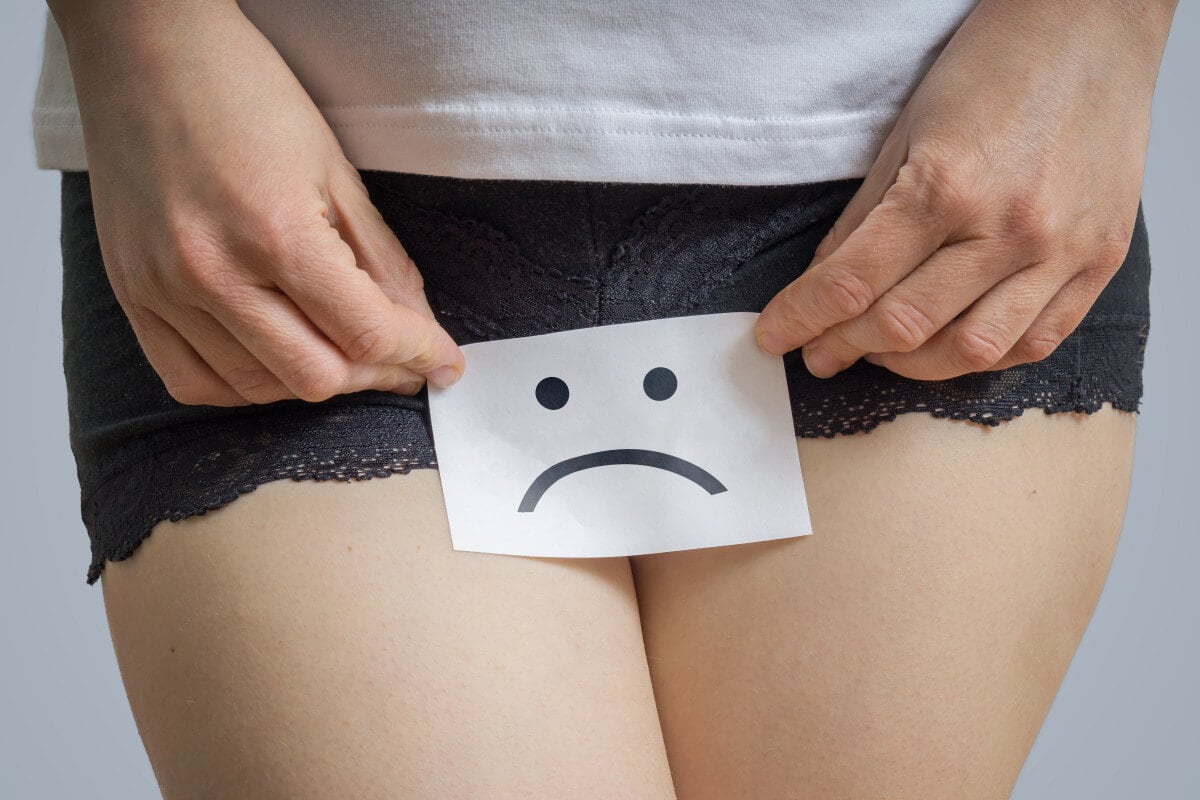
What’s That Smell? Different Vaginal Odors & What They Mean
Each vagina has a unique fragrance. Some smell more, others smell less. These vaginal odors are natural and don’t necessarily mean that there’s trouble incoming. This is thanks to the self-cleaning function of a vagina that makes it possible them to clean themselves naturally.
Although it’s tempting to use cosmetic products that promise a ‘better’ smell, these products may increase irritation and change your pH. Other products, such as washes, semen, and liquids, a vagina-owner might use can change the vagina from being acidic to being alkaline.
A well-balanced vagina has a pH of 3.8 to 4.5 and is regulated by small bacteria called lactobacilli. The vaginal fragrance and pH can vary but usually maintain a balance between vaginal yeast and bacteria.
Vaginal odors are just as diverse as the vagina-owners themselves. If you’re wondering "what’s that smell?" keep reading and learn what you can do about it.
Causes of different smells
Even when a vagina-owner is taking good care of her vagina and body, she can recognize unfamiliar smells. Health status, nutrition, and other factors have an influence on the natural fragrance.
Food
Eating a lot of citrus fruits can lead to the sweet smell of a vagina, while drinking too little liquids will make a vagina smell bleachy.
Menstrual cycle
Vaginal odor may also vary throughout the menstrual cycle. To be precise, blood doesn’t actually have a fragrance until it gets in contact with air. Having a slightly metallic scent for a few days is nothing to worry about.
Exercise
Some vagina-owners notice a slight change in their smell right after doing sports. Their sweat may lead to a more intense vaginal odor. Having sex is another potential reason for this odor.
Infections
Beside those natural smells, there are a few infections that can cause a fishy vaginal odor. One of them is called bacterial vaginosis. Bacterial vaginosis isn’t a sexually transmitted infection (STI), but it can increase the risk of getting an STI such as chlamydia.
Trichomoniasis, a very common STI that is caused by a parasite called trichomonas vaginalis, can also lead to vaginal odor.
Other STI's, such as chlamydia and gonorrhea, in most cases do not lead to vaginal odors.
If a strong sugary or yeasty smell is accompanied by discharge, burning or itching, it could be a yeast infection. Speaking to a doctor will help with getting a diagnosis and treatment options.
Poor hygiene
Apart from sexual transmitted infections, there are other common causes of a strong vaginal odor. Examples are poor hygiene, vaginitis, or a forgotten tampon.
In case you don’t know what vaginitis is – it’s an inflammation of the vagina that can result in discharge, pain, and itching.
Get to know your body odor
Getting familiar with the smell of your vagina is the best advice we have. If you know your "normal" odor, it will help you recognize different kinds of discharges and scents to know if something is brewing.
Ask yourself questions like: What does my vagina smell like? What should it smell like? Is there a connection to the time of the month?
If you do that, you’ll know right away when there’s something unusual. Being aware of the early signs and symptoms is important.
In general, if a vagina-owner has a scent without any other symptoms, it’s unlikely that a doctor needs to be consulted.
If you still feel uncomfortable...
At this point you should know that having a scent is absolutely normal. In case you still feel uncomfortable with it, here are a few tips for preventing vaginal odor.
Internal menstruation products
When blood hits the air, it smells metallic-like. Using internal products such as tampons or menstrual cups cut down on period odor. Change these products frequently!
Hygiene measures
Always wipe the vagina from front to back, and use a gentle fragrance-free soap. Wash your underwear in non-fragrance products, and change it daily. And don't forget, always pee after sex!
The right clothes
Tight-fitting clothes are often responsible for trapping fluids around the vagina. Sweat, semen, and discharge are just a few examples. Another reason for avoiding tight clothes is the chance of skin irritation. If it’s possible, make a switch to 100 percent cotton underwear – it’s breathable and helps air flow.
Nutrition
Probiotics help restore your natural pH and prevent infections, like yeast infections. They also support healthy bacteria throughout your body. Consuming sugary foods can lead to an overgrowth of yeast. Good nutrition, especially after menopause, is important to keep a balanced pH!
Showers
Even though taking a lot of showers is a symbol for hygiene, it doesn’t always lead to the desired result and may cause irritations. Washing a vagina with only water will help a vagina with maintaining a healthy pH and keep unhealthy bacteria away - in most cases.
Nowadays you can find products that are marketed to help with your ‘strong’ scent. They aren't necessary nor are they medically safe. The best thing to do is wash your vagina with water daily!




